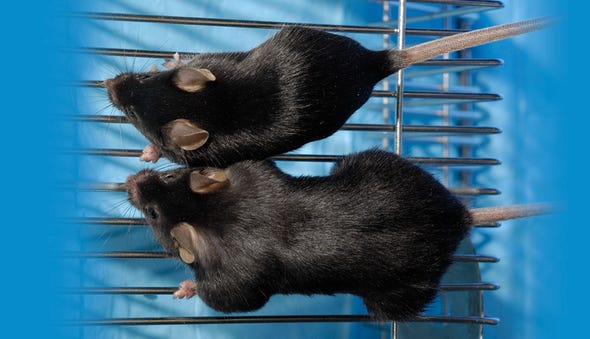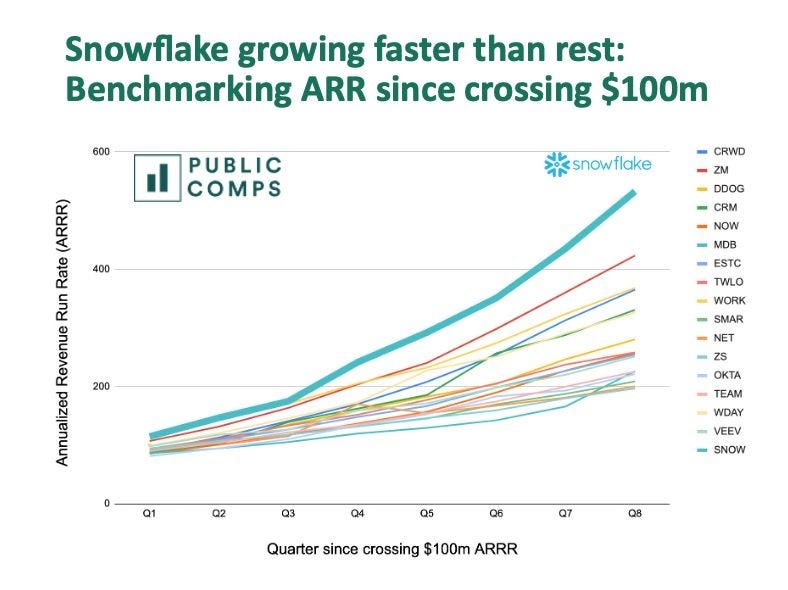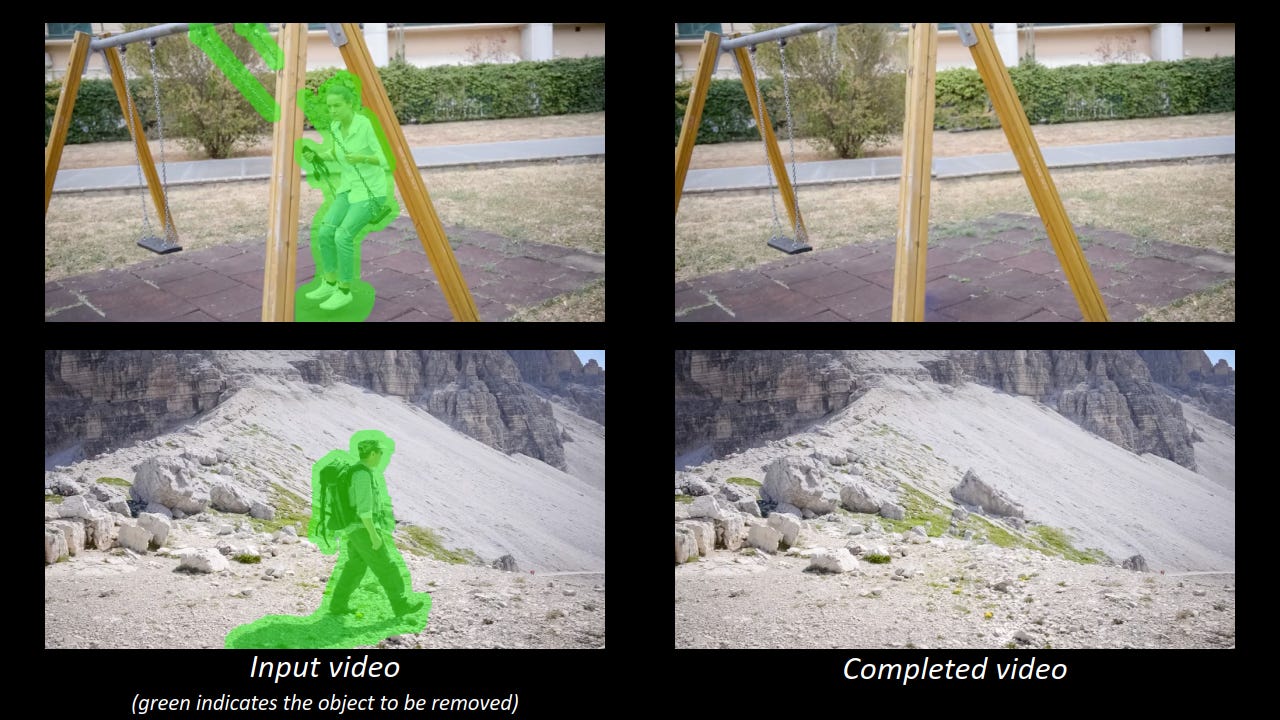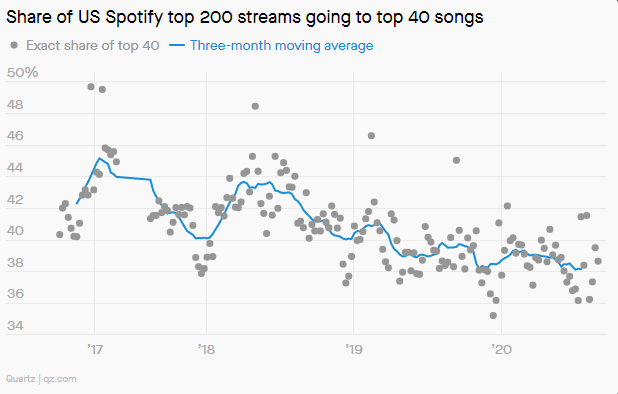Here’s your wrap of the latest technology, innovation, and finance news.
?️ Space
Mice on the International Space Station have been bulking up thanks to an experimental gene treatment that’s designed to prevent the muscle atrophy normally caused by being in a microgravity environment. Apart from helping astronauts cope with space, the research also has potential implications for people on earth struggling with muscle loss due to age or injury.
Sure enough, space mice injected with the decoy receptor gained a double benefit: They kept their muscles buff and their bone density high. Bone and muscle even grew, so that the treated mice touched down with more of those tissues than untreated mice that were left on the ground.
NASA is looking for companies to help mine the moon and will pay up to $25,000 for about a pound of the lunar surface.
While there would be scientific benefits, it’s also a technology development program, Bridenstine said, that would give companies practice in extracting resources from the lunar surface and then selling them.
China says it has launched and landed a reusable spacecraft.
? Finance
IPOs to watch this week: Snowflake, Unity Software, Sumo Logic, JFrog. Snowflake is a cloud data warehouse that has seen incredible growth since hitting $100m annual recurring revenue (surpassing Zoom’s growth!). Unity Software is a game engine that is used by 53% of the top 1,000 mobile games and increasingly used for non-game use cases. Sumo Logic is a log management and data analytics company (like Splunk) while JFrog is an automation solution that helps developers deploy software seamlessly.
GRAIL has filed to go public (S-1). GRAIL is a pre-revenue company that’s aiming to develop a blood test that can detect cancers early. Illumina and Jeff Bezos are early investors.
SoftBank is reportedly preparing to sell Arm Holdings to NVIDIA for $40 billion. Its executives are also considering taking the company private as SoftBank stock continues to trade at a discount to its underlying asset value.
Razer, a gaming peripherals brand, is planning to establish Razer Youth Bank after applied for a digital bank license in Singapore. They’re also exploring expanding their nascent financial services business into Europe and the US.
While it might seem unexpected for a company that specializes in gaming peripherals to show an interest in financial services, Tan believes the move makes sense. Razer, a well-known brand in the competitive esports scene, has been pushing deeper into financial technology with its own virtual credits for gamers and a digital payments division.
? Robotics
Researchers at the National University of Singapore are developing artificial skin that would give surgical robots a sense of touch, allowing them to differentiate between healthy tissue and tumours.
The device has about 100 sensors per square centimeter, with data running through a single wire connected to a neuromorphic chip, a type of computer chip that allows AI models to be trained using a fraction of the data of traditional computer chips. In early tests this year, the finger was able to tell which of two similarly shaped objects was softer, about 10 times faster than the blink of an eye, says Dr. Tee.
The US Air Force is testing robot dogs for use in base security. These particular robot dogs are built by Ghost Robotics.
⚡ Other Snippets
Facebook is going back to its roots with Facebook Campus, a service that’s currently available at 30 universities and requires a university email to sign up.
So what is it? It’s a separate profile linked to a Facebook profile. Students can enjoy special-interest groups and check out events that are occurring around campus. (Yes, we’re having déjà vu too.) Campus also promises a personalized news feed dedicated to campus-only shindigs, as well as a searchable directory.
New Zealand’s Labour party have brought forward their 100% renewable electricity generation target by 5 years to 2030.
Researchers at Virginia Tech and Facebook have developed a state-of-the-art video completion algorithm that fills in empty (or removed) areas in a video (see the paper or their project site).
Family Mart, a convenience store chain in Japan, has started testing using remote-controlled robots to stock shelves (video).
In this demonstration, the Model-T is stocking drinks which would normally require at least two workers on site so that one person could watch the counter. In this way, however, a single robot operator could keep the drinks stocked at several locations throughout the day while the in-house staff focus on the customers.
The most popular songs appear to be getting a little less popular over time.









